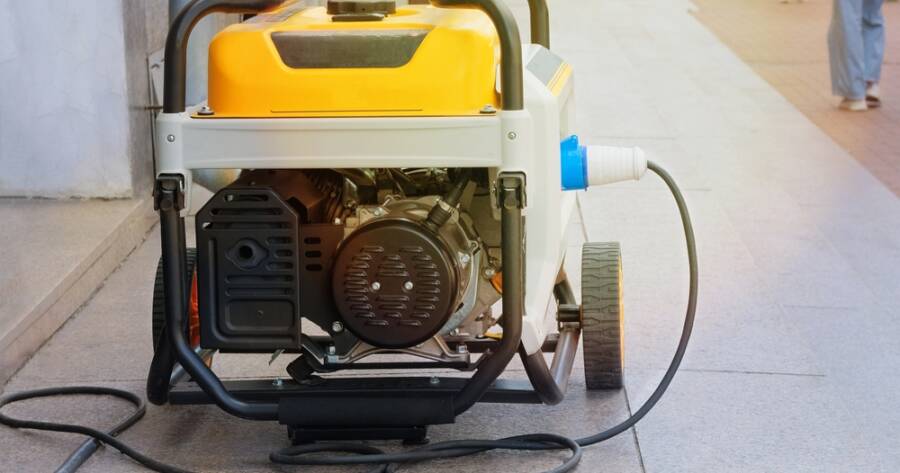Generators provide a dependable backup power source, essential for homes and businesses during unexpected outages. From powering crucial appliances to maintaining comfort, having a generator on hand can make all the difference when the lights go out. Choosing the right generator involves understanding different types, fuel options, and power capacities to match your specific needs. With a well-chosen generator, you can ensure that your home or business remains prepared, safe, and powered up at all times.
Types of Generators and Which One Fits Your Needs
Generators come in various types, each suited to different purposes and power needs. Portable generators are versatile and can be used anywhere, making them ideal for powering essentials during outages, camping trips, or small construction projects. However, they often run on gasoline, which may require regular refilling. Standby generators are installed permanently and automatically kick in during a power outage, providing seamless and powerful backup for homes or businesses. They generally run on natural gas or propane, ensuring continuous operation without frequent refueling.
Inverter generators are lightweight, compact, and offer a stable power output suitable for sensitive electronics, such as laptops and medical devices, making them ideal for small, indoor, or RV use. When choosing a generator, consider your primary needs—whether for full-home power, occasional outdoor use, or electronic-specific backup—so you can select a model that best suits your lifestyle and power requirements.
Top Features to Consider When Buying a Generator
Selecting the right generator involves evaluating several important features to ensure reliable and efficient performance. Fuel type is a key consideration, with options including gasoline, propane, and natural gas. Propane and natural gas are ideal for standby models due to their steady availability, while gasoline suits portable units for its convenience. Assessing the generator’s capacity, measured in watts, is essential; ensure it can power your key appliances or entire home as needed.
Noise level is also important, especially for residential use, where quieter models, such as inverters, are preferred. Look for features like electric start, automatic shutoff for low oil, and dual-fuel capabilities, which can enhance ease of use and flexibility. Many newer models also offer smart monitoring options, allowing you to track power usage and maintenance needs via smartphone apps. Choosing a generator with these features will provide added convenience, durability, and dependability.
Essential Safety Tips for Using Generators at Home
Operating a generator safely is crucial to protect your home and family. First and foremost, never run a generator indoors or in enclosed spaces due to carbon monoxide risks; always position it at least 20 feet from the home, with the exhaust directed away from doors and windows. Use a transfer switch to connect the generator to your home’s electrical system; this prevents back-feeding, which can endanger utility workers and damage appliances.
Regularly inspect all cords and connections for wear, as damaged cables can lead to shocks or fires. Keep fuel stored safely, and allow the generator to cool down before refueling to prevent gas spills or ignitions. Investing in carbon monoxide detectors in areas where people sleep can add an extra layer of safety. Following these best practices ensures you can rely on your generator without compromising your household’s health and safety.
Maintaining Your Generator for Long-Term Use
Proper maintenance extends your generator’s life and ensures it’s ready to perform when you need it. Start by checking the oil and air filters regularly, as clean oil and filters keep the engine running smoothly. For portable generators, drain fuel from the tank if you won’t use the generator for an extended period to prevent buildup. Schedule annual tune-ups for standby models, which may involve testing the battery, changing spark plugs, and running diagnostic checks.
Run your generator periodically, even when it’s not needed, to keep the engine lubricated and prevent corrosion. Cleaning the exterior and keeping vents unobstructed helps prevent overheating during operation. If you’re storing the generator long-term, consider adding a fuel stabilizer to prevent clogs. Following these maintenance tips keeps your generator in top condition, ensuring it’s reliable for years to come and ready to deliver power on demand.
Learn More About Generators
Understanding generators and their functionalities can empower individuals to make informed decisions regarding power solutions. By exploring various types, features, and safety practices, users can ensure they select the right generator for their needs while maintaining it effectively for long-term use.





